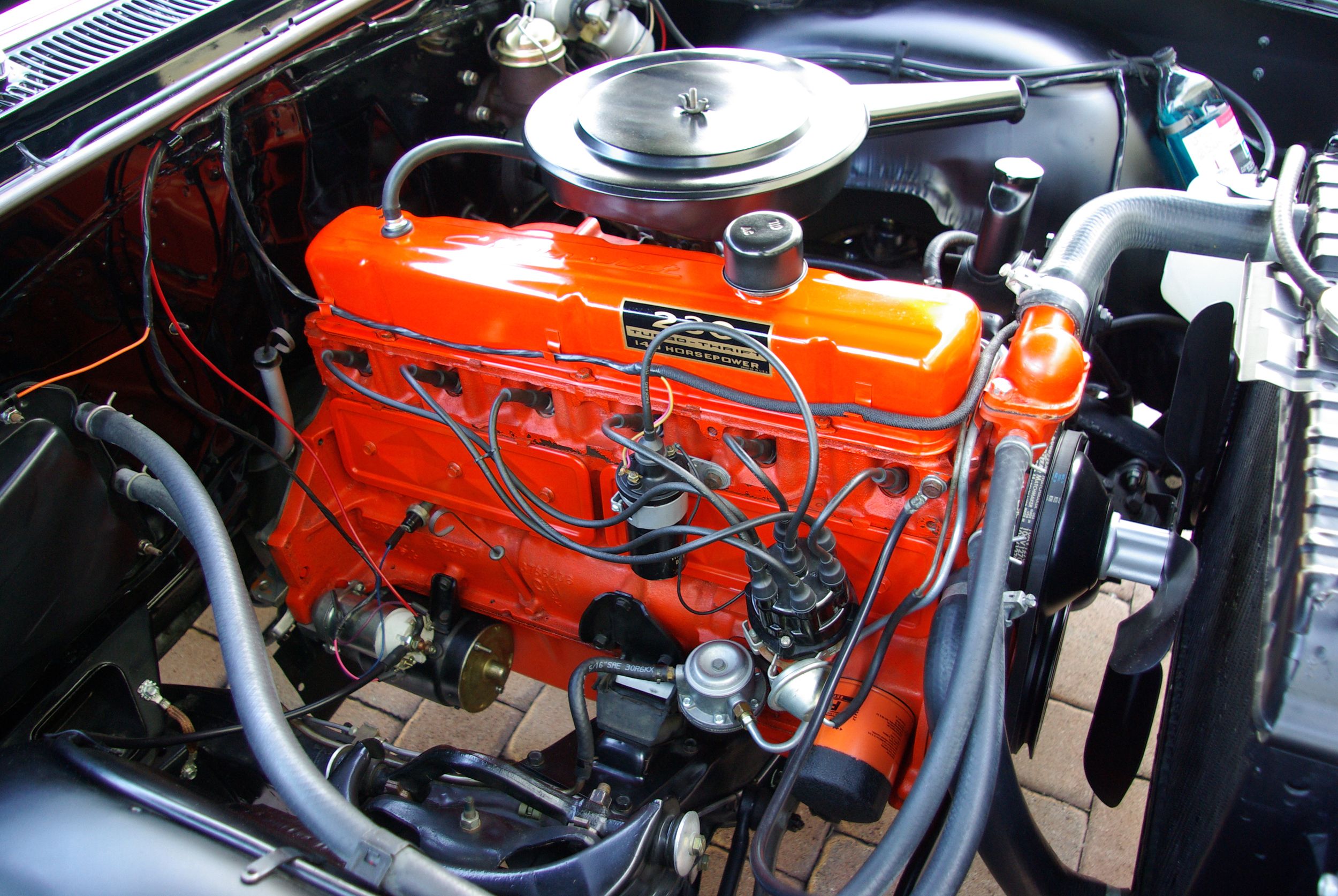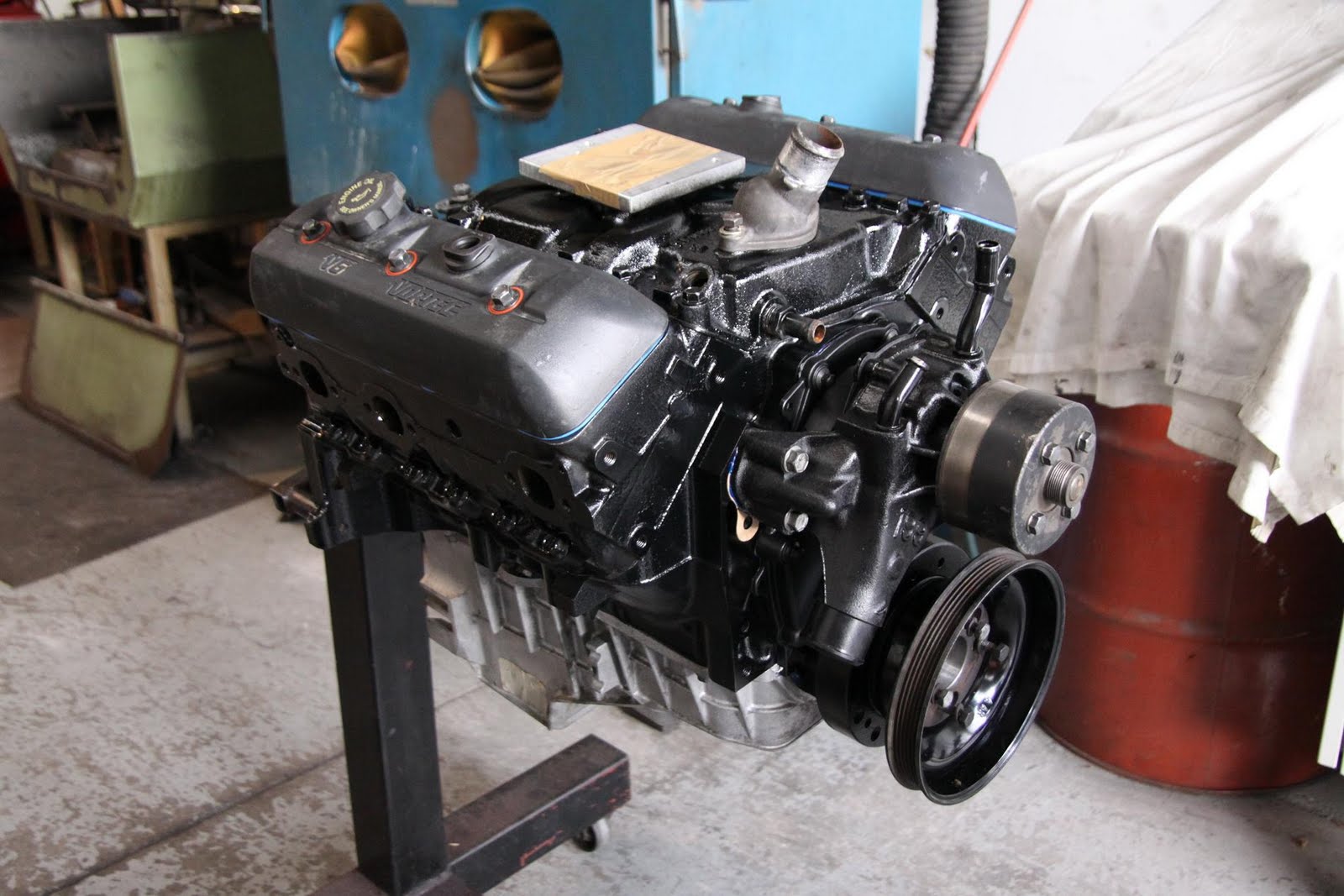Chevy 60 Motor For Sale – Thrift stores and consignment shops often work with charitable organizations or local non-profits, using the proceeds from sales to support various causes. Additionally, brick-and-mortar thrift stores and consignment shops provide a more traditional avenue for selling second-hand goods. For many, purchasing second-hand goods is not just about saving money, but about embracing sustainability, supporting a circular economy, and contributing to a more environmentally conscious world. Take, for example, a high-quality piece of furniture — a well-crafted sofa or dining table can last for decades if maintained properly. For those considering buying a business, the appeal often lies in the opportunity to take over an existing operation and build upon its foundation. In this sense, quality is not just about prestige; it’s about making thoughtful choices that contribute to a more sustainable and rewarding lifestyle. This can be particularly advantageous for entrepreneurs who might have experience in business operations but lack the time or resources to build a new venture from the ground up. Cars, too, are often sold with a sense of transition. Whether it’s funding education, supporting homelessness services, or providing medical assistance, the money spent in second-hand shops can contribute to making a difference in the lives of others. The second-hand market is not just about saving money; it’s about embracing a more sustainable, mindful way of consuming that values reuse, repurposing, and the stories behind the items we choose to keep. Additionally, second-hand furniture allows buyers to find unique items that may not be available in traditional furniture stores. We live in a society where people constantly trade their time for money, their expertise for compensation, their dreams for tangible rewards. Whether it’s an item, a service, or even a person, the act of being “for sale” represents a moment of transition, a shift from one stage of life to another. The adage “you get what you pay for” rings especially true in the realm of quality goods. As more and more people become concerned about the planet’s resources and the impact of consumerism on the environment, the concept of buying used goods has gained traction as a more sustainable alternative to purchasing new products. Online platforms such as eBay, Craigslist, and Facebook Marketplace have made it easier than ever for individuals to sell their unwanted items to a global audience. Just as with material possessions, when a person is “for sale,” they put their value on display for others to assess. These goods, once owned and used by someone else, offer a unique opportunity for both sellers and buyers to exchange items that might otherwise go unused. The same logic applies to tools, kitchen appliances, furniture, and even technology. Second-hand goods for sale have become an integral part of today’s economy, a trend that transcends geographic, economic, and cultural boundaries.
Perfect V8 60 Flathead Complete Engine The H.A.M.B.
Shop best sellersfast shippingshop our huge selectiondeals of the day

Find 60's Chevy 6 Cyl Motor in Tulsa, Oklahoma, US, for US 200.00
Shop best sellersfast shippingshop our huge selectiondeals of the day
Perfect V8 60 Flathead Complete Engine The H.A.M.B.
Shop best sellersfast shippingshop our huge selectiondeals of the day

Chevy 60 Engine Diagram
Shop best sellersfast shippingshop our huge selectiondeals of the day

Anyone casting a late 60's style Chevy 235 and transmission? Car
Shop best sellersfast shippingshop our huge selectiondeals of the day

New 6.0 Chevy Engine For Sale
Shop best sellersfast shippingshop our huge selectiondeals of the day

Chevy Inline 6 Cylinder Engines For Sale
Shop best sellersfast shippingshop our huge selectiondeals of the day

1960 Chevrolet V8 Chevy Trucks, Cars Trucks, Chevy Motors, Ls Engine
Shop best sellersfast shippingshop our huge selectiondeals of the day
V860 Midget engine The H.A.M.B.
Shop best sellersfast shippingshop our huge selectiondeals of the day

4.3l Chevy V6 Crate Engines
Shop best sellersfast shippingshop our huge selectiondeals of the day
Whether it’s the affordability, the environmental impact, or the opportunity to find unique items, second-hand goods provide an alternative to traditional retail shopping that is both practical and sustainable. It implies that there’s nothing off-limits, nothing beyond the reach of commerce. Similarly, a quality suit made from fine wool will age gracefully, developing a patina that speaks to its craftsmanship. The longer something is used, the less likely it is to contribute to the growing problem of waste. A blacksmith might craft a sword, a tailor might stitch a suit, and a potter might mold a vase. Due diligence is a crucial part of the process, where the buyer investigates the business thoroughly to ensure that there are no hidden liabilities, potential risks, or operational inefficiencies. It’s a constant negotiation, where both parties seek to align their perceptions of worth and reach an agreement that satisfies both sides. The adage “you get what you pay for” rings especially true in the realm of quality goods. This stage can involve a variety of specialists, such as accountants, lawyers, and industry experts, who can provide a comprehensive evaluation of the business. This creative process not only gives new life to old objects but also encourages people to think outside the box when it comes to the things they buy and use. Although the transaction may be challenging at times, the opportunity to buy or sell a business can open doors to new ventures, provide financial rewards, and enable entrepreneurs to pursue their goals. Many second-hand clothing stores and online platforms specialize in curating high-quality, gently used apparel, making it easy for consumers to find fashionable items that align with their tastes. For the seller, the goal is often to maximize the value of the business, which requires a clear understanding of the company’s assets, liabilities, and future earning potential. The growing appeal of second-hand goods is also tied to a growing awareness of environmental issues. In some cases, it’s not just objects that are for sale, but entire industries or institutions. For the buyer, a car offers freedom, mobility, and a chance to create their own story on the road. For sellers, the challenge lies in pricing items fairly and accurately representing their condition. Relationships can become transactional, where each party enters into an agreement based on what they stand to gain. For some, selling a business is a proactive decision to move on to new ventures, while for others, the sale might be the result of external factors, such as market downturns, changing consumer preferences, or regulatory shifts. The advent of these online platforms means that consumers can hunt for items they might have otherwise overlooked or been unaware of, sometimes at a fraction of the original cost.
For sellers, the challenge lies in pricing items fairly and accurately representing their condition. Online platforms also give buyers and sellers the chance to evaluate one another through reviews and ratings, adding an extra layer of trust and security to the transaction. Whether it’s the smooth finish of a well-polished wooden table or the satisfying feel of a perfectly balanced knife in your hand, quality goods evoke a sense of pride in their ownership. The environmental benefits of buying second-hand goods go beyond just reducing the need for new production. For the buyer, a car offers freedom, mobility, and a chance to create their own story on the road. Economic downturns, for example, can influence the types of businesses that are put up for sale, as struggling companies may look to exit the market. The buying and selling of companies, brands, and even entire industries can reshape economies, alter job markets, and redefine how goods and services are delivered. The act of selling a home is a deeply emotional process, and when it’s completed, there’s a sense of closure and anticipation for what comes next. From the most trivial items in a dollar store to the most precious works of art in a museum, everything can be assigned a price. Yet, even within this system, there is room for hope. Our emotional lives, our personal narratives, and even our deepest fears have been monetized. The growing interest in second-hand goods can also be attributed to shifting cultural attitudes toward consumption. For some, selling something may feel like a sacrifice, while for others, it may feel like an investment in their future. The very notion that everything can be bought and sold creates a society where inequality is not just accepted, but ingrained in the very structure of the economy. Many quality goods are made by artisans or small businesses who take the time to create products that reflect their expertise and passion. The “for sale” sign becomes a marker in time, a decision that has been made, signaling that it’s time to move on. Unlike mass-produced items that may become outdated or fall apart with minimal use, quality products are designed to endure. Many second-hand clothing stores and online platforms specialize in curating high-quality, gently used apparel, making it easy for consumers to find fashionable items that align with their tastes. They walk into a space that holds the potential for their own memories to be created, for their own life to unfold. Thrift stores, consignment shops, and online marketplaces like eBay and Poshmark provide a platform for people to sell or buy pre-owned high-quality goods.